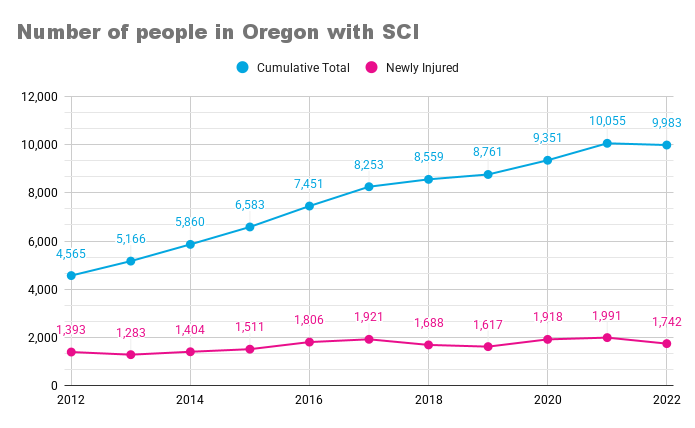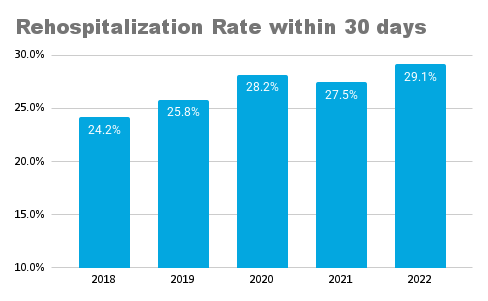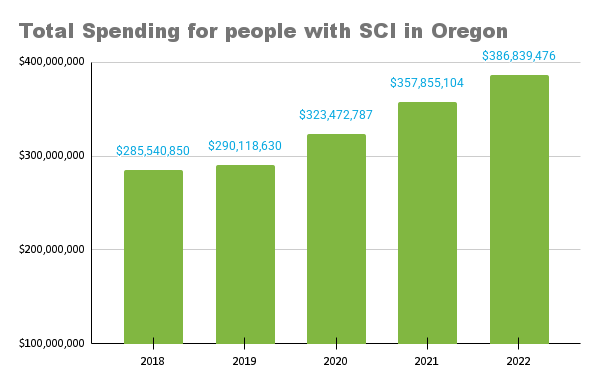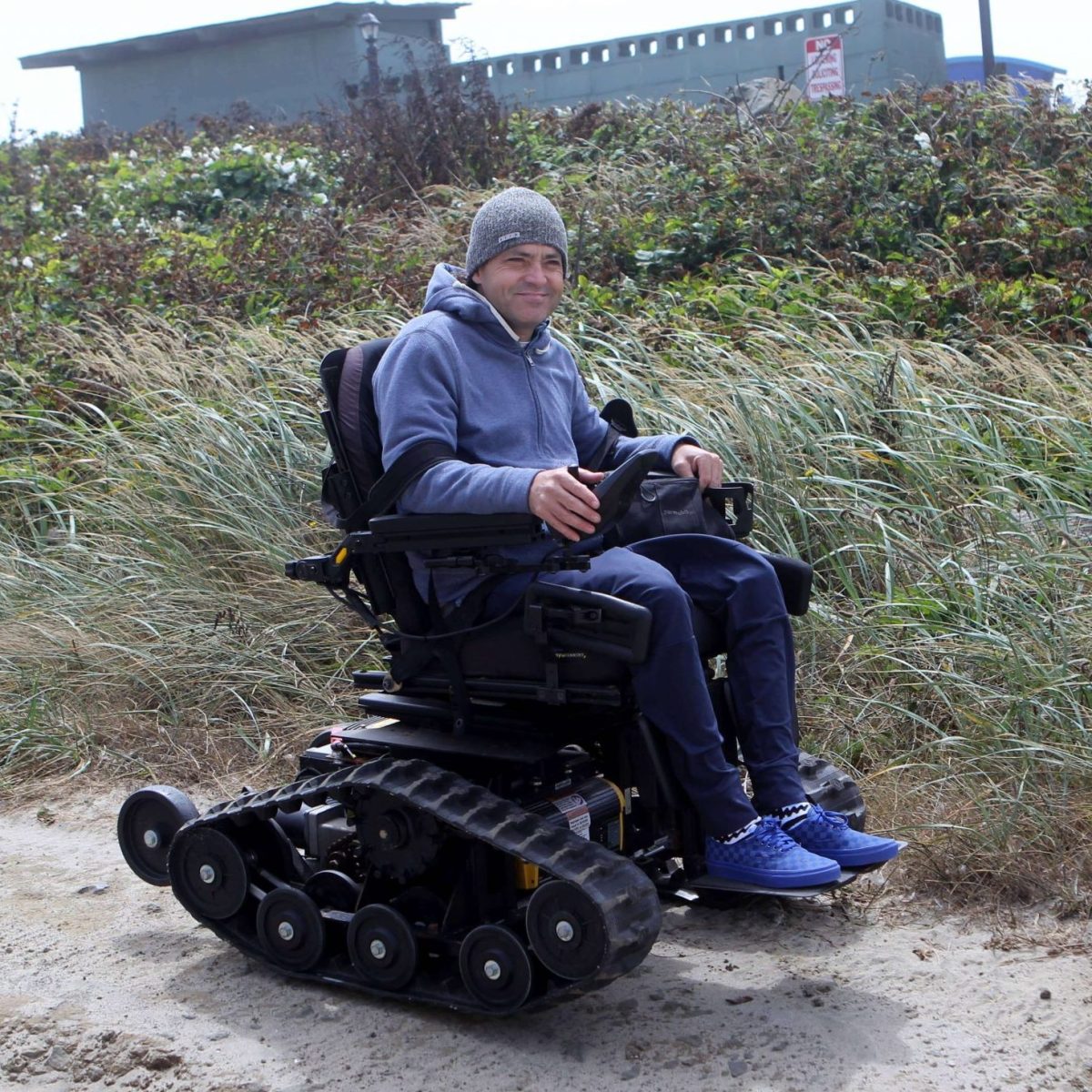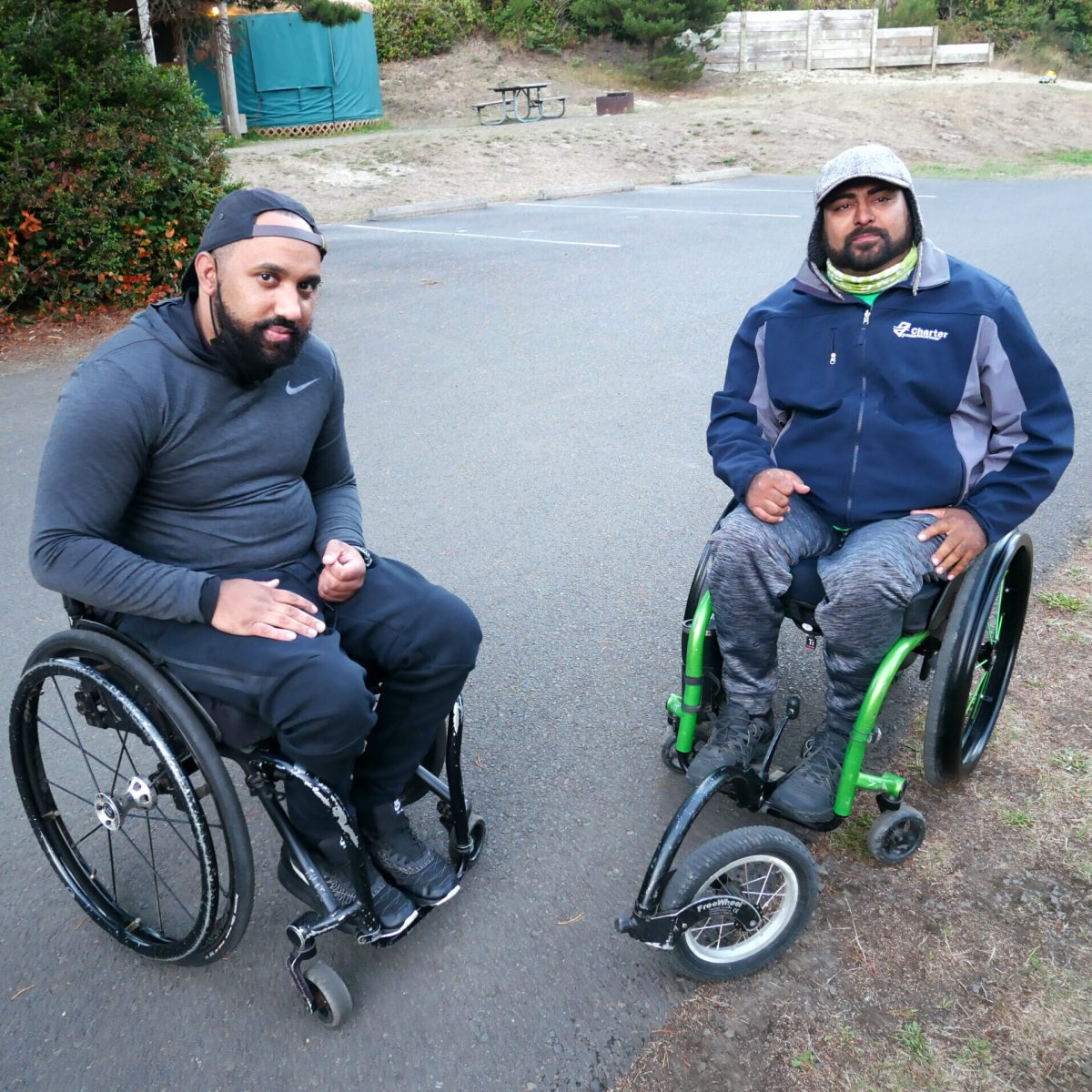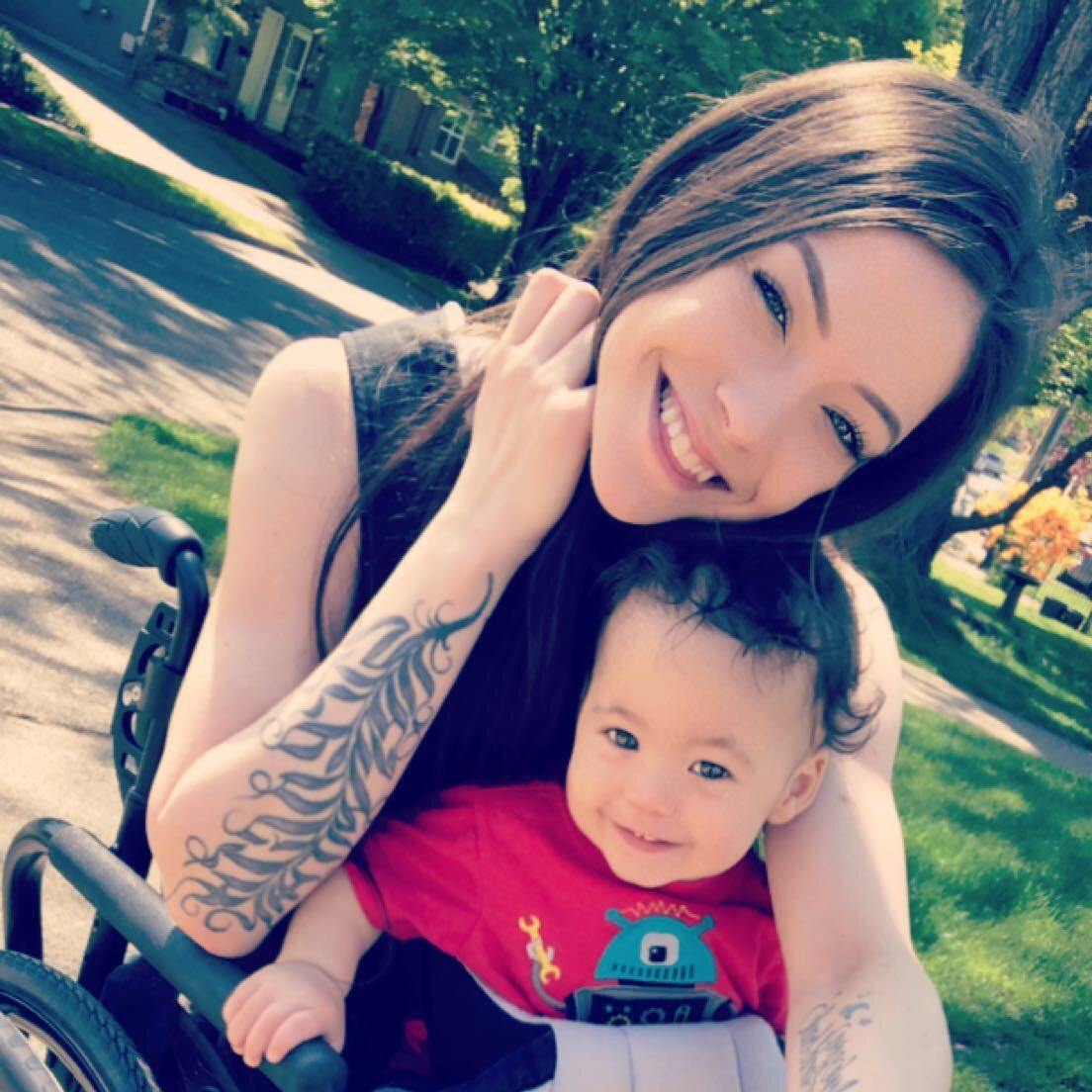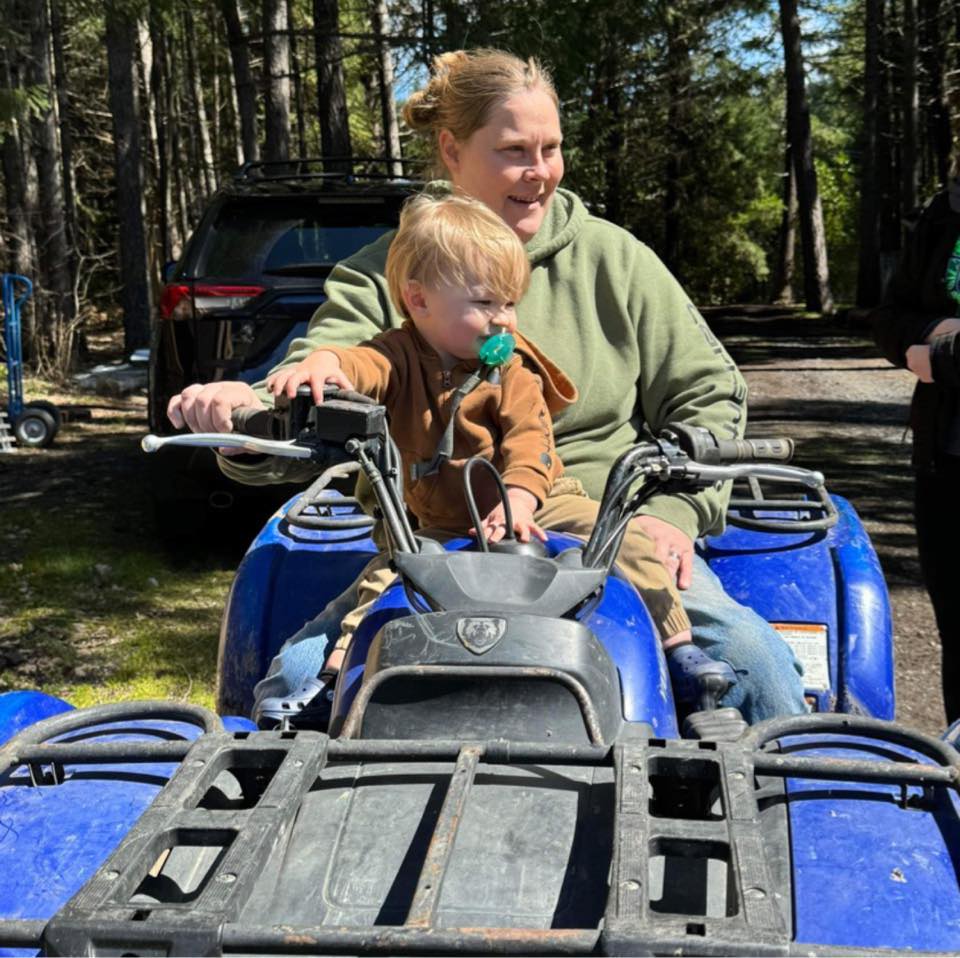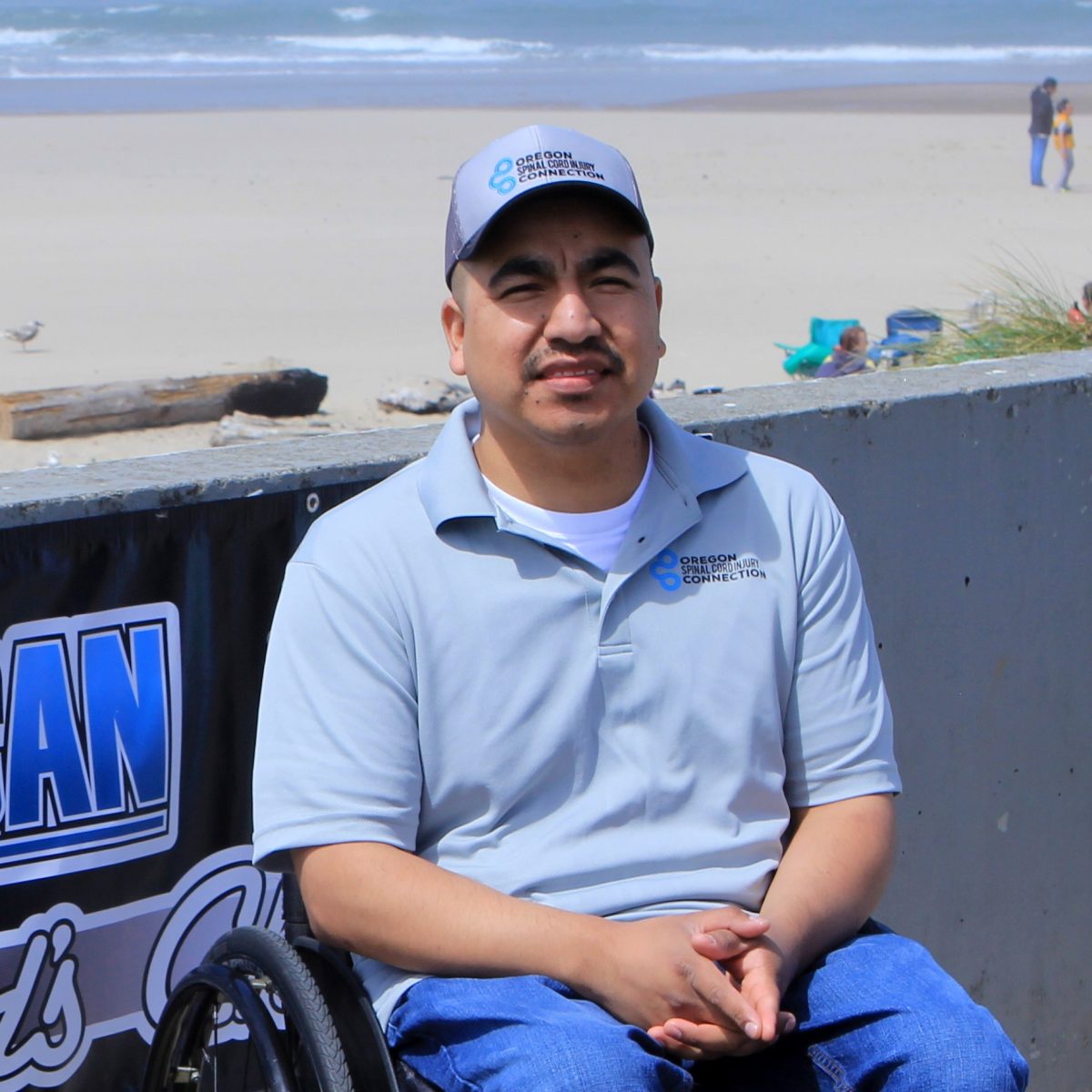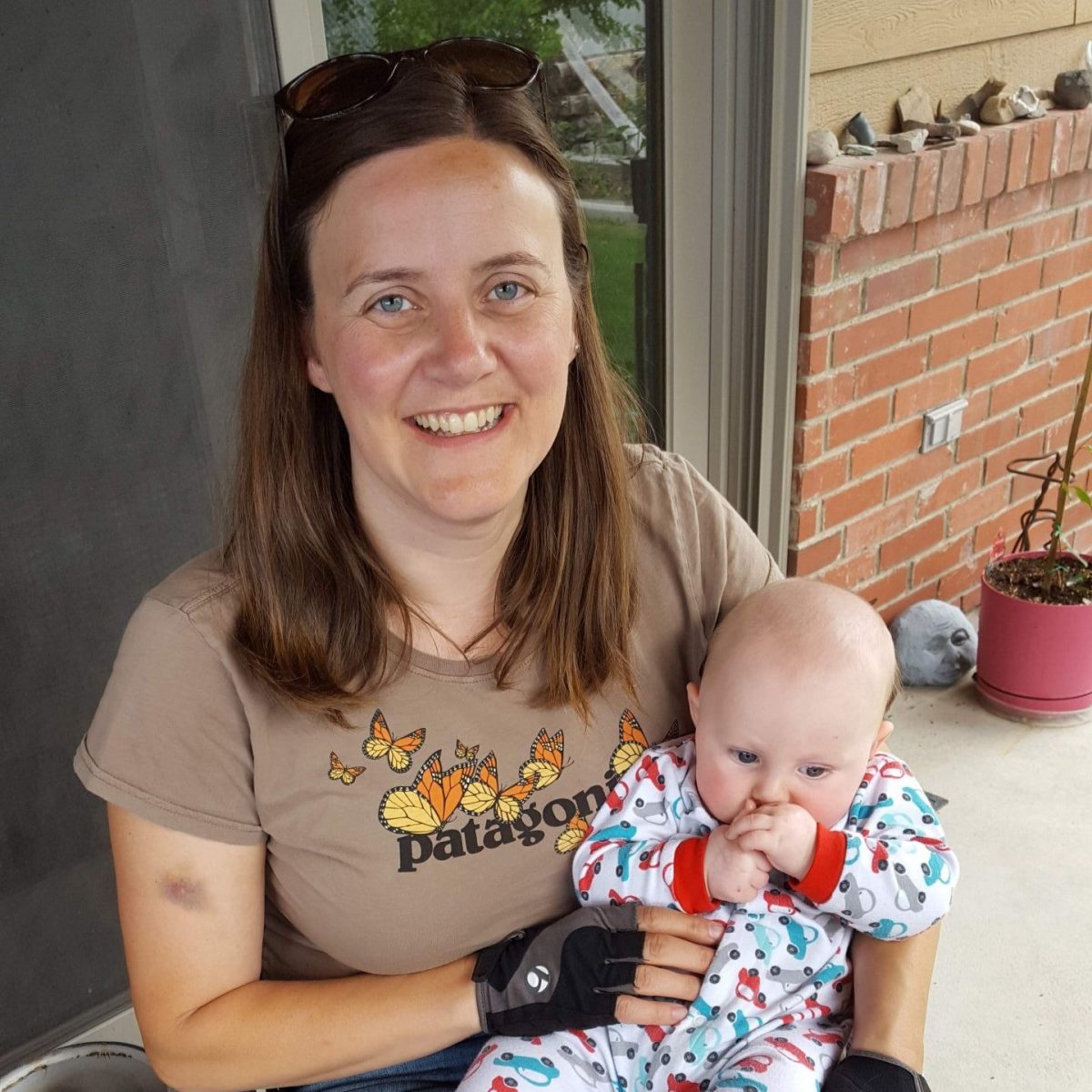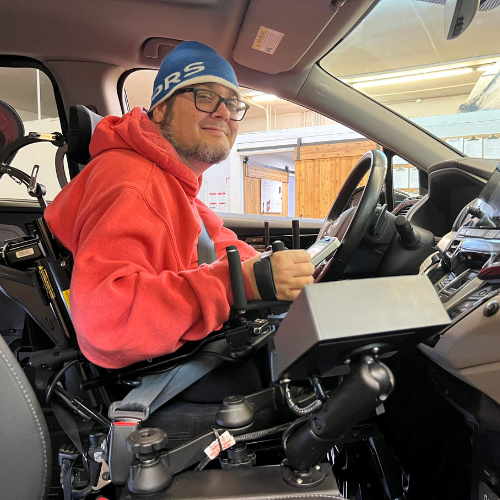Spinal Cord Injury in Oregon
When Life Changes in an Instant
Every number hides a human story.
Alex, a young father, misjudged the depth of a local creek, dove in, and struck his head on the bottom.
Margaret, a retired librarian, hydroplaned into a guardrail on a rainy drive home.
Joy, a college sophomore, slipped off a cliff on a coastal trail.
Henry, a lifelong rancher, fell from a ladder while doing routine roof maintenance.
In an instant, their lives were forever changed.
These stories are not rare. Today, nearly 10,000 people in Oregon live with a spinal cord injury (SCI)—and every year, about 1,700 people join them.
The Hidden Toll
Life after SCI is overwhelming. Beyond the shock of injury and the challenge of adjusting to a new body, people face countless obstacles.
Medical complications that are often preventable are very common in people with SCI. In 2022, over 25% of people in Oregon with SCI sought care for a urinary tract infection and over 16% for pressure injuries. These conditions and other preventable secondary health conditions cost over $20 million in that year alone.
High rates of rehospitalization are driven by these medical complications. In 2022, nearly 3 in 10 people discharged were back in the hospital within 30 days. Rehospitalization costs that year were more than $8.6 million.
Barriers to care are significant: Oregon has no statewide tracking of SCI, leaving gaps in understanding. Many medical providers also lack the training and experience to effectively treat patients with SCI.
Behind these numbers is a sobering truth: the system is not built to support people with SCI. Care is fragmented, costly, and inequitable. In 2022, total healthcare spending for people in Oregon living with SCI exceeded $386 million—much of it tied to complications that could be avoided.
Finding a Way Forward
At Oregon Spinal Cord Injury Connection (OSCI), we believe data should drive solutions. By combining state health data with the lived experiences of our community, we are:
Exposing inequities in care and outcomes.
Building networks of providers, policymakers, and advocates.
Empowering survivors through Community Health Workers—peers with SCI who bridge the gap between hospitals and home.
This is Oregon’s first comprehensive look at spinal cord injury. It’s more than numbers—it’s a roadmap for action.
Why It Matters
When we understand the scope, we can change the system.
Together we can:
Reduce preventable hospitalizations.
Save taxpayers millions in healthcare costs.
Ensure that every person with SCI has the opportunity to not only to survive, but thrive.
Be Part of the Change
OSCI is building a future where people in Oregon with SCI live fully, with dignity and purpose. But we can’t do it alone.
Learn more about the impact of spinal cord injury in Oregon.
Partner with us — Join our network of researchers, policymakers, and community advocates.
Get to know our community – Join us for a meet-up, a recreational event, an education forum, or a wheelchair maintenance workshop and talk to people with lived experience.


